On Tuesday, February 25th, George Washington University’s Space Policy Institute (SPI) and the Space Generation Advisory Council (SGAC) hosted an international panel discussion on “Emerging Issues in Space Governance,” held at the Elliott School of International Affairs in Washington, DC. Experts and government officials from the United States, Luxembourg, Japan, and Brazil provided an overview of their nations’ regulatory approaches to space governance, exchanged experiences, and discussed perspectives for the future.
Dr. Josef Koller, Systems Director for the Center for Space Policy and Strategy at the Aerospace Corporation, noted that space is still often referred to as the “Wild West,” and stressed the importance of developing best practices and norms of behavior to foster the conditions necessary for the trillion-dollar space economy. In addition, Dr. Koller identified a trend in the United States’ regulatory bodies to shift from prescriptive to performance-based regulations, which is driven in part by the need to accommodate innovative solutions in space. When asked about regulatory gaps in the U.S. framework for space activities, Dr. Koller argued that there are no major gaps pertaining to the authorization of current commercial activities, but recognized potential gaps related to emerging activities, such as the use of cameras for commercial rendezvous and proximity operations.
H.E. Gaston Stronck, Ambassador of Luxembourg to the United States, discussed the nation’s Space Resources Initiative launched in 2016, which established Luxembourg as the first European country and the second worldwide to offer a legal framework on the exploration and use of space resources. He argued that the Law on the Exploration and Use of Space Resources has been successful in attracting commercial space actors to Luxembourg, as it ensures stability and a high level of protection for investors, explorers, and miners. As an important difference between the American and Luxembourg legislation on space resources, he pointed out that the former requires companies to have more than 50% U.S.-backed equity, while the latter has no such limitation. Finally, the Ambassador noted that, since 2018, Luxembourg has been working on a comprehensive law to address space activities authorization and supervision.
Dr. Masami Onoda, Director of the Japanese space agency’s (JAXA’s) D.C. Office, pointed to Japan’s Basic Space Law from 2008 as a turning point for Japanese space activities. The law shifted Japan’s interpretation of the international principle on the peaceful uses of outer space from “non-military” to “non-aggressive,” enabling JAXA to work with a wider variety of actors and missions. As for more recent developments in Japanese space law, Dr. Onoda highlighted the adoption of the Space Activities Act and the Remote Sensing Act, both enacted in 2016. She said that Japan’s current legal framework provides a stable environment for the space industry but recognized that it could benefit from more clarity for emerging activities such as on-orbit servicing, active debris removal, and space resource utilization. She concluded by stressing the need to find a balance between providing stability and encouraging innovation.
Counselor Lauro Beltrão, Science & Technology Attaché at the Brazilian Embassy, posited that Brazil should leave the emerging space country path and emulate the examples set by the other space nations represented in the panel. He noted that Brazil is also working on the adoption of a General Space Law, which will establish a system for authorization and supervision of space activities inspired by the American system but adjusted for Brazil’s needs. Ideally, he said, Brazil will skip the commonly implemented “prescriptive” phase of regulating technology, instead of moving straight to a more beneficial performance-based regulation model. He underscored both the reactivation of the Alcântara Space Launch Center and cooperation with the United States as priorities for the Brazilian Administration and commended the Technology Safeguards Agreement that was recently signed by the two governments, which allowed the use of U.S. technology in space launch operations in Brazil.
Other topics of discussion among the panelists included the common threat posed by space debris, the need for cooperation to manage space traffic, and collaboration with the commercial space sector, including commercial participation in norm-building for space activities.
The event was organized and moderated by SPI graduate student and LMI Advisors Research Associate Renata K. Kommel. LMI Advisors was a supporting sponsor.

